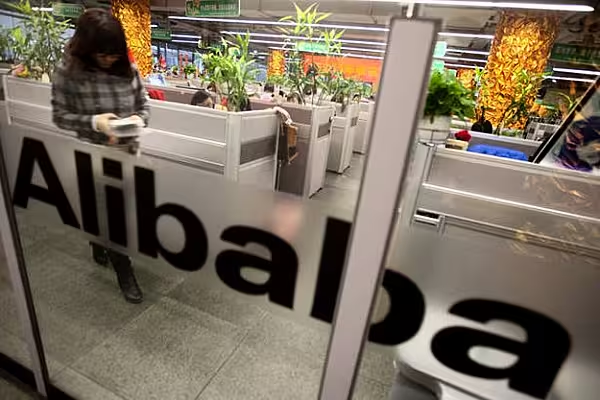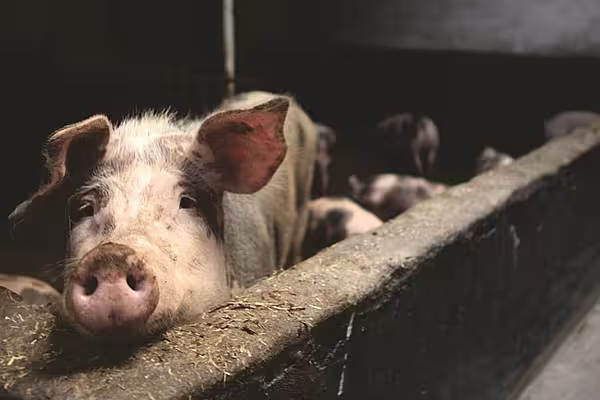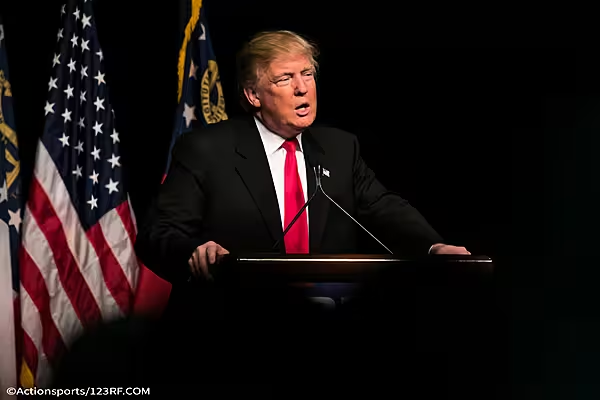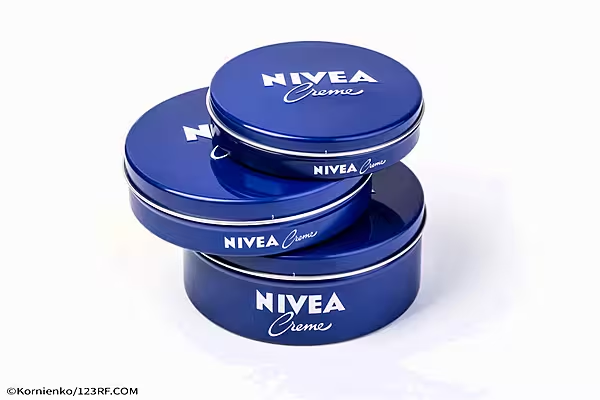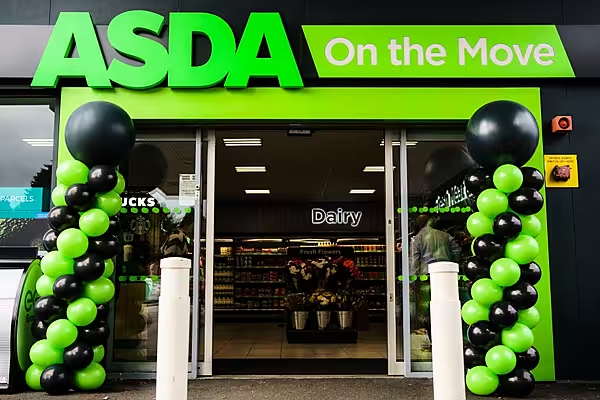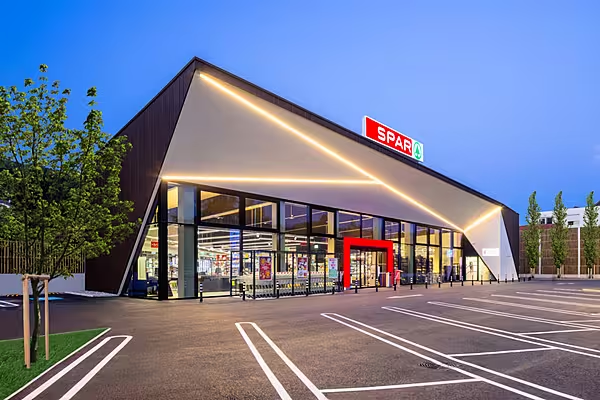Alibaba Group will sell its US website 11 Main to rival online marketplace OpenSky, with merchants saying they grew disenchanted with the Chinese company’s first experiment in American e-commerce.
Alibaba will hold a stake in the combined entity, according to an e-mailed statement Tuesday. The boutique website sought to replicate a Main Street niche-store shopping experience.
China’s biggest e-commerce operator started 11 Main last year, envisioning a shop-window for small-time U.S. merchants that could present an alternative to the mass-consumer facing Amazon.com and EBay. Furniture retailer Lishu Rodriguez joined 11 Main expecting Alibaba’s name would buy visibility before quitting the site, while Joel Young stopped selling months ago after shoppers failed to materialise.
“It is a mish-mash of Etsy, Amazon and whatever and whoever wants to sell,” said Young, whose Doc Artisan sells iPhone cases and docking stations made from driftwood. “11 Main thought they could come in with big money and disrupt. Boy, were they wrong.”
The experience of some merchants highlights the difficulty of breaking into the U.S. e-commerce market, even for Alibaba, which has ridden success in China into a company with a market value of $211 billion.
E-commerce in the U.S., which eMarketer estimates will grow 14.2 percent this year to hit $341 billion, is dominated by Amazon and EBay along with a procession of startups hoping to either fill niches or disrupt traditional models.
Rodriguez of El Dot Designs in Seattle grew disappointed with 11 Main about a month after joining due to some of the requirements.
“It seemed amateur, almost” she said after quitting 11 Main.
The 11 Main site wasn’t a top priority for Alibaba, which remains focused for now on helping U.S. retailers like Macy’s Inc. and Gilt Groupe sell goods to China. The website was conceived by startups Vendio and Auctiva, which Alibaba acquired in 2010.
As part of the sale to OpenSky, Alibaba will hold a “significant” stake in the combined entity, which will help sales for more than 50,000 brands. The Hangzhou, China-based company didn’t specify how much it would own or provide a valuation on the deal.
News by Bloomberg, edited by ESM
